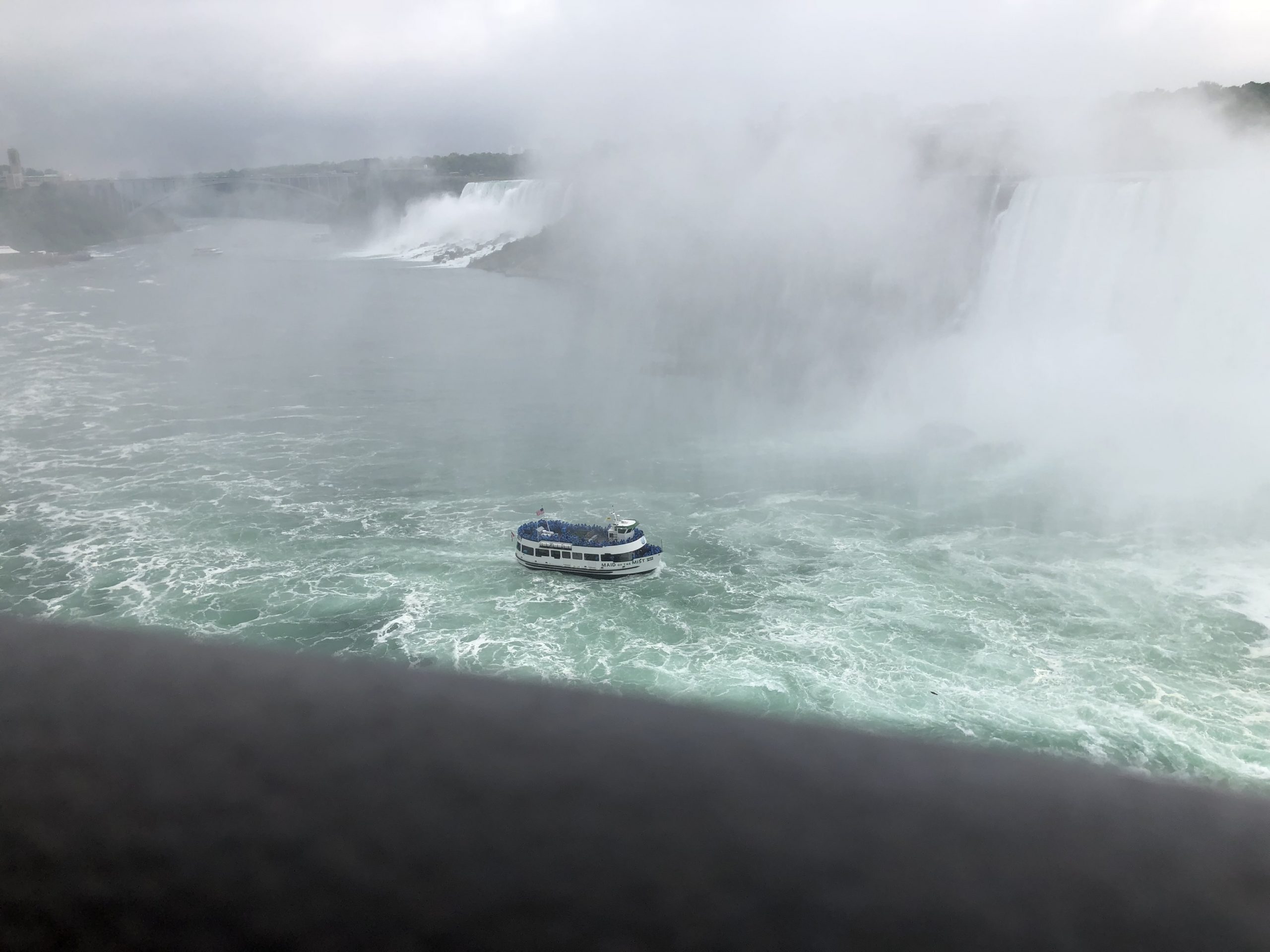How Panicking Stabilized Me

It was July 2020. I was facilitating a Zoom call with a client, a team whom I’ve trusted and loved for many years. Our topic that day was the murder of George Floyd and how this affected us, and what plans we should make to address it. I’m a white woman (yes, we were all aware of the limitations there!) but in that moment it felt like shelving the conversation was riskier than trying to have it. So we proceeded and predictably, it was fraught.
Later that same day, my wife came home from work, where she ran a COVID clinic in a parking lot outside a medical facility. Every morning, I watched her run headlong into the biggest public health emergency of our lifetimes, and every morning, I wondered if she would die. Every evening when she came home, she stripped off her clothes outside the front door, and sprinted straight to the shower. We ate dinner outside, socially distanced, and then went to opposite ends of the house to unwind and sleep.
On that particular evening, I began to feel—for no apparent reason—my heart pounding. I couldn’t catch my breath, and I felt like a trapped animal. Then, I felt something inside myself shattering, and I actually RAN. It wasn’t until I was in a warm shower that my panting slowed, my shoulders stopped heaving, the tears stopped, and I slowly came back to myself.
In retrospect I can see that my nervous system had been dysregulated for months; my “fight or flight” mechanism had gotten stuck in the ON position. In retrospect, the chronic stressors and acute triggers are obvious, but that day I didn’t know WHAT was happening to me.
Over the next several months, I underwent a full cardiac work-up and extensive therapy for the treatment of PTSD. I took courses in “the neuroscience of change” and “trauma-informed coaching,” and read numerous books and articles on these and adjacent topics. Loving family and friends offered consistent kindness and support. I developed a body-based practice for nervous system self-regulation not only in moments of introspection and repose, but especially when I needed it most: in real time.
Using all of these resources, I have stabilized. I can recognize when I am becoming dysregulated, and I can intervene with myself effectively.
Because of this experience, I am much more sensitized to the fact that I’m not alone, that my coaching clients have times of overwhelm too. They tell stories of launching into reactivity, saying and doing things that they have to clean up with their colleagues and teams later. There’s a tension between what is going on “in here” and what is going on “out there”–and leaders need to play that “inner and outer game” mindfully, skillfully. As Peter Drucker famously said, “You cannot manage other people unless you manage yourself first.”
I have learned how to “steady my boat” when high seas threaten, but the truth is this: in our VUCA* environment the waves are going to keep coming, and there may or may not be smooth sailing (or even breaks!) between the storms. It’s easy for your boat to get swamped.
And this is why I am announcing the expansion of my executive coaching practice to include trauma-informed coaching and nervous system regulation. If you would like executive coaching or leadership training that focuses on or includes steadying your boat in the VUCA* high seas, please contact me at danamgallagher@gmail.com.
My best wishes to you for a calmer 2024!
*VUCA = Volatility, Uncertainty, Complexity, Ambiguity

5 Comments